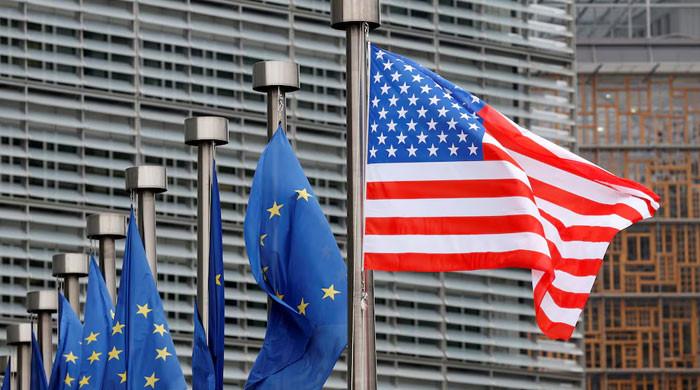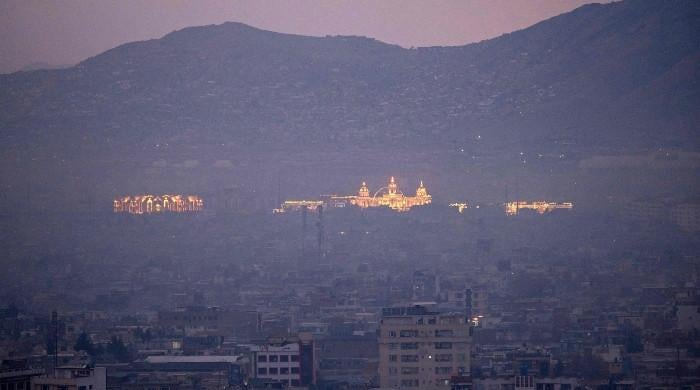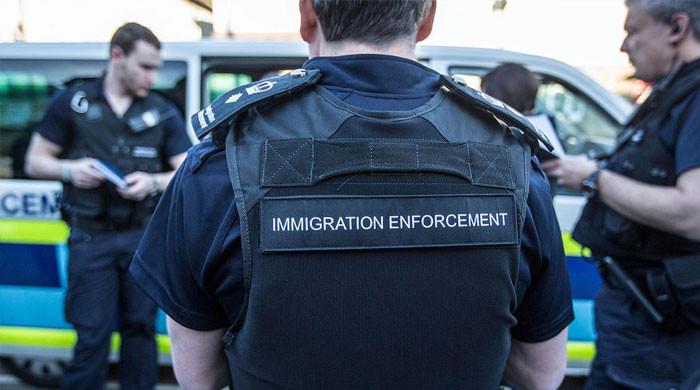Kashmiri leader appeals to Saudi crown prince to save Yasin Malik
Writes letter to MBS to intervene and save the life of Kashmiri leader Yasin Malik imprisoned in India
September 01, 2023
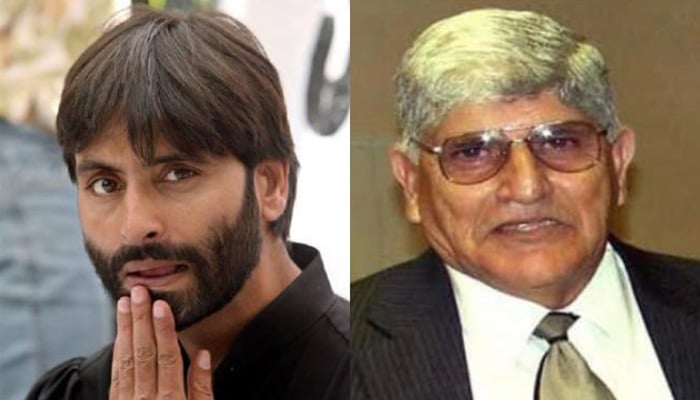
DALLAS: In a heartfelt appeal, Raja Muzaffar — a trusted associate of Jammu Kashmir Liberation Front (JKLF) Chairman Yasin Malik — has called upon Mohammad bin Salman, the crown prince and prime minister of Saudi Arabia, to intervene and safeguard the life of the incarcerated Kashmiri leader in India.
Based in the United States and recently elected as the JKLF's acting chairman, Muzaffar has penned the impassioned appeal recognising Saudi Arabia's favourable diplomatic relations with India.
The timing of his letter, however, coincides with the crown prince's upcoming visit to Delhi on September 11, where he has been specially invited by the Indian Prime Minister Narendra Modi.
"The people of Kashmir earnestly appeal to Crown Prince Muhammad bin Salman, requesting him to utilise his diplomatic influence to protect the life of the distinguished Kashmiri leader, Muhammad Yasin Malik," the appeal stated.
The appeal, sent through the Saudi embassy in Washington, reveals that Muzaffar, in addition to meetings with former prime ministers of India and Pakistan to explore peaceful solutions to the Kashmir issue, also met with American officials during his visits to the United States.
Moreover, he held discussions with the Saudi officials as well at the OIC Secretariat during his visit to Saudi Arabia. Malik was arrested by the Indian government before the abrogation of Article 370 and subjected to politically motivated charges, resulting in a life imprisonment sentence. An appeal has been filed by Indian officials to elevate Malik's sentence to the death penalty, a move that is considered excessive and unjust.
Regrettably, amid a surge in anti-Muslim sentiments in India, there is little hope that the imprisoned Kashmiri leader will receive a fair trial. His life is now under severe threat, not only within both regions of Kashmir but also concerning the broader global Kashmiri Muslim community.
Muzaffar's letter also recalls the historic meeting between the late Saudi ruler Shah Faisal and the late Kashmiri leader Sheikh Abdullah in Riyadh back in 1963. It is noted that upon his return to India, Sheikh Abdullah was arrested by the Indian government.
Furthermore, his letter highlights the pivotal role played by the Saudi government in the release of Sheikh Abdullah and his subsequent mission to negotiate with Pakistan in 1964.
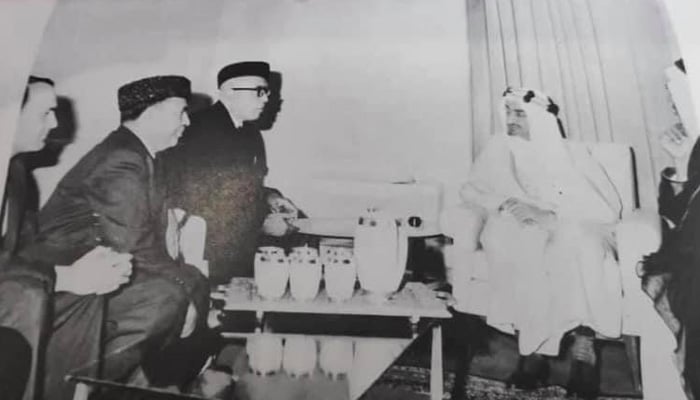
In addition to the letter, Muzaffar has attached copies of his interviews and articles published in prominent Saudi Arabian newspapers, including Arab News, Saudi Gazette, and Al-Muslimun, as part of his appeal to the Saudi crown prince on humanitarian grounds.
The people of Jammu and Kashmir, who hold deep affection for Saudi Arabia, are placing their hopes on Crown Prince MBS role in securing the release of their beloved leader, which would enable both him and his party, currently in India, to contribute effectively to a peaceful resolution of the Kashmir conflict, aligning with the aspirations of both India and Pakistan for a dialogue-driven solution.
Muzaffar has also communicated his concerns to other international human rights organisations in a bid to draw broader attention to this pressing matter.









